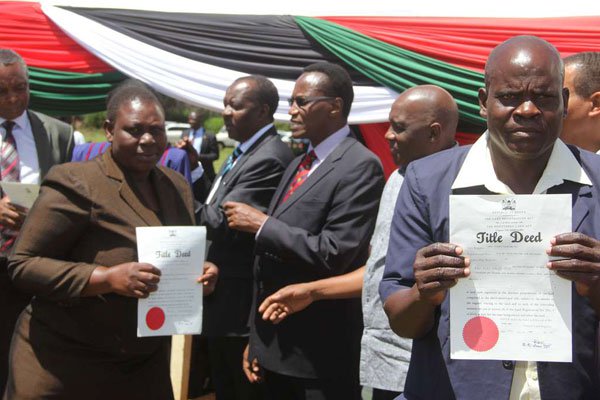Property rights in land reform areas
Land redistribution or the transfer of ownership rights to the tiller has been the focal point of the land reform program in the Philippines. This transfer was envisioned to result in a significant shift in income and productivity in the agrarian sector. While some equalisation of incomes may have indeed occurred, the full benefits of this asset transfer, however, have not been realised.



